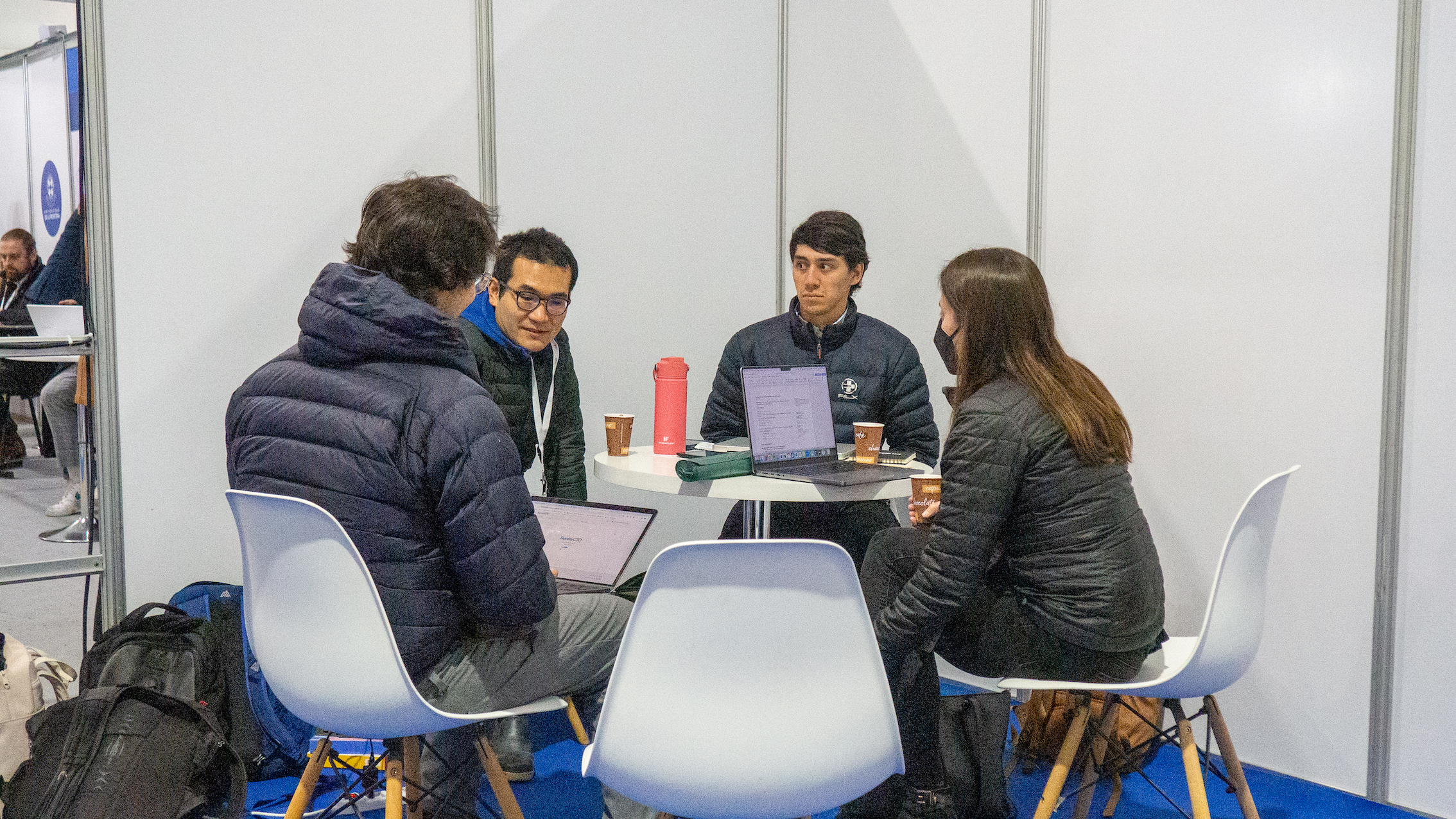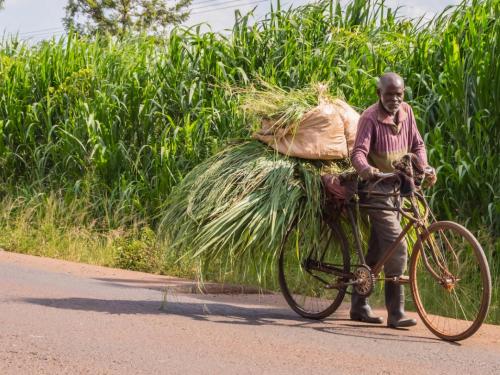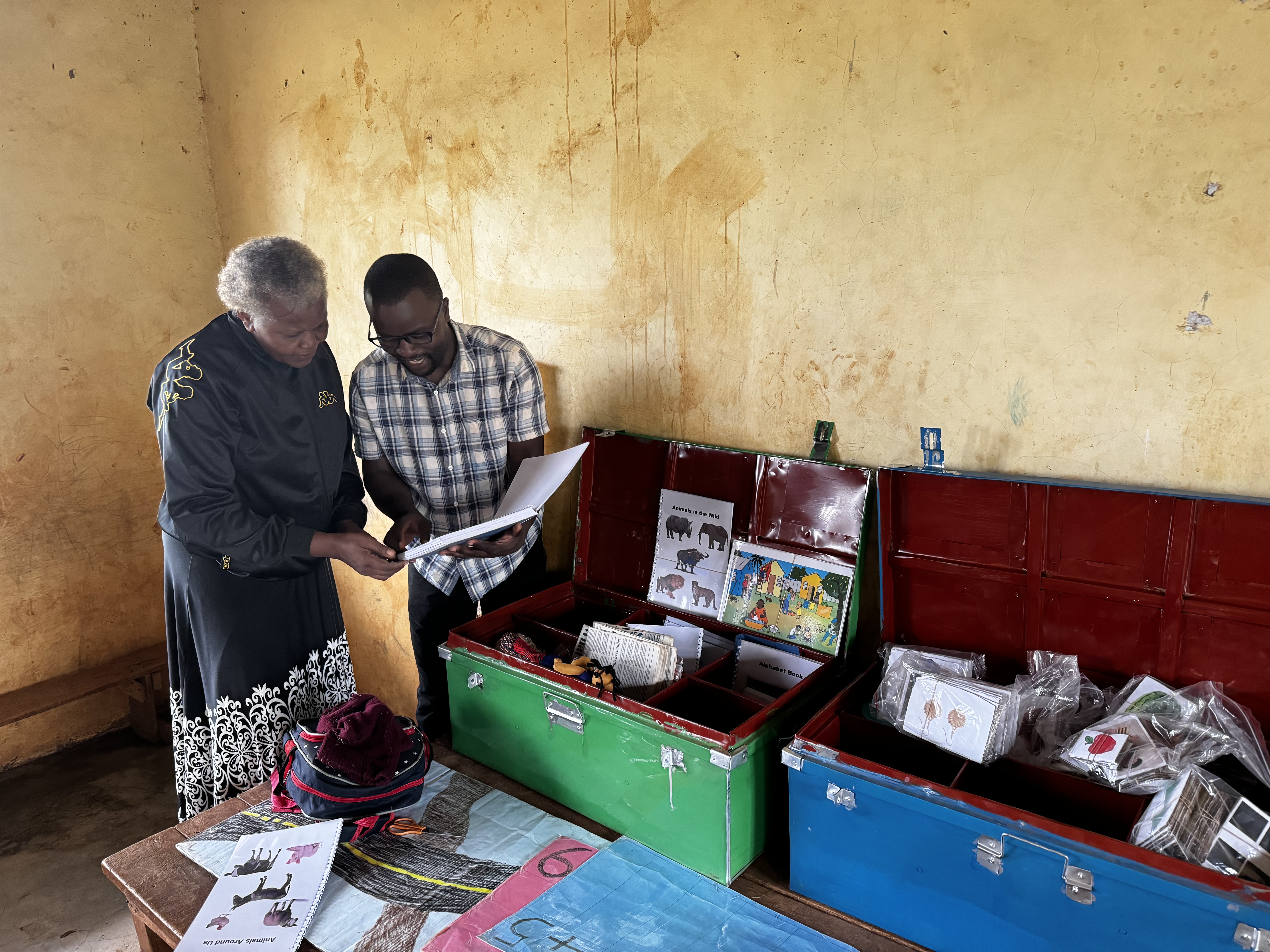New EGC Incubator Fund supports unique opportunities for impact at Yale
by Adena Spingarn
April 17, 2024
The Economic Growth Center’s new Incubator Fund aims to support researchers, with a focus on junior faculty and students, in the Yale development economics community in the early stages of high-potential, time-sensitive, policy-focused research and project collaborations, by providing seed funding to get promising ideas off the ground. As EGC Director Rohini Pande noted, "For development economists, opportunities for innovative, high-potential research and other forms of collaboration might emerge quickly – and then disappear before traditional sources of funding can be secured."
“In our work, opportunities arise which are not able to be covered through traditional sources of research funds but where a relatively small, immediate investment can bring large returns,” said Deanna Ford, Managing Director of Yale Inclusion Economics, based at the Economic Growth Center (EGC) and the Macmillan Center at Yale University, and Senior Adviser at EGC. “The Incubator Fund aims to target these opportunities where a small amount of flexible funding can unlock the potential for much larger gains in research, collaboration, or policy impact.” The EGC Incubator Fund was established in early 2023 and, with the initial set of resources raised, has made five investments to date.
Building on EGC’s data access initiative, one set of EGC Incubator Fund investments is in early stage research led by EGC junior faculty affiliates where there was an opportunity to create a data product that is useful for a broader set of researchers or policy stakeholders.
Processing data on product entry to international markets
Diana Van Patten, Assistant Professor of Economics at the Yale School of Management and an EGC affiliate, received an Incubator Fund grant so that she and her collaborators could quickly advance on the opportunity to begin processing a proprietary data set with wide-ranging information about the entry of new products to several dozen national markets. This data, which has been collected since the 1990s but not yet used by economics researchers, can provide valuable insights about how products enter markets and how innovation and technological diffusion occur around the world. Preliminary results from this early stage enabled Van Patten’s team to make a successful case for additional funding from the Yale School of Management to expand to a full-scale project.
Van Patten said that the fund fills a gap in economics research funding at Yale, which previously offered opportunities mainly for US-based projects. “It’s filling a void that is particularly useful for all the researchers who are trying to explore topics related to low-income countries,” she said. “[EGC funding] let us start working almost immediately as opposed to waiting and going through the process for a larger grant to start exploring the data.”
Measuring the effect of subsidized trade fair attendance
Funding came at a similarly crucial moment for Lauren Falcao Bergquist, Assistant Professor of Economics and Global Affairs and an EGC affiliate, in her research on how trade fairs help small firms develop business relationships with larger ones and gain exposure to new technologies that allow them to expand. After a small pilot program at an agricultural technology fair, Bergquist and her collaborators had an opportunity to conduct a randomized controlled trial measuring the effect of subsidized attendance at a major international fisheries trade fair in Chile. But they didn’t have the financial resources to subsidize vendor attendance at the fair or to send a team to the country to conduct surveys.

“The EGC funding has been totally critical,” she said. “They have enabled us to go out and recruit and find these small-scale firms and pay for subsidies.” With this funding, Bergquist and her collaborators maintained momentum with the survey while applying for traditional research funding, which they received just two weeks before the trade conference and which allowed them to expand the project. “Larger grants take a long time to apply for,” she said. “We don’t decide when the trade fair happens; we can’t tell 20,000 people who are coming for this trade fair, ‘Hey, could you hold another six months? We’re waiting for a grant to come through.’ Sometimes these research opportunities come up very quickly, and you really want to take advantage of it. We wouldn’t have been able to do that without the EGC.”


